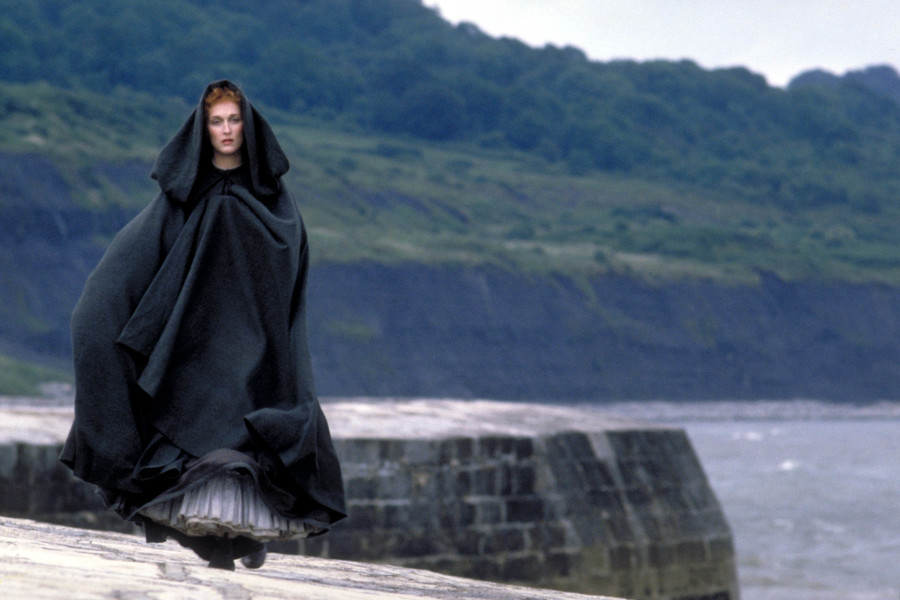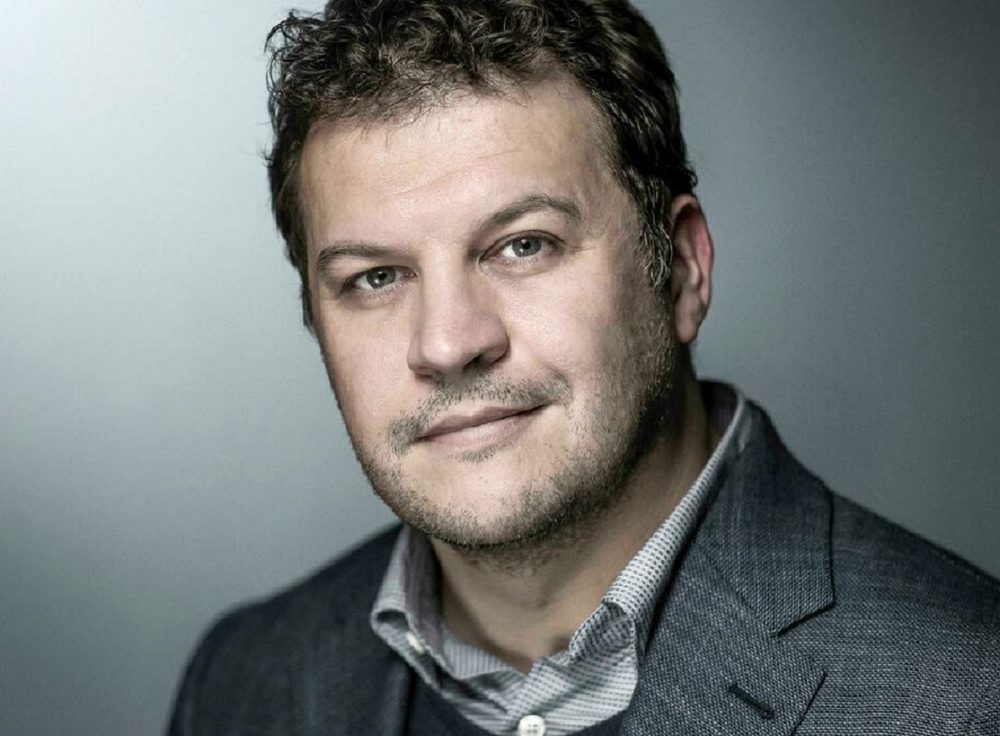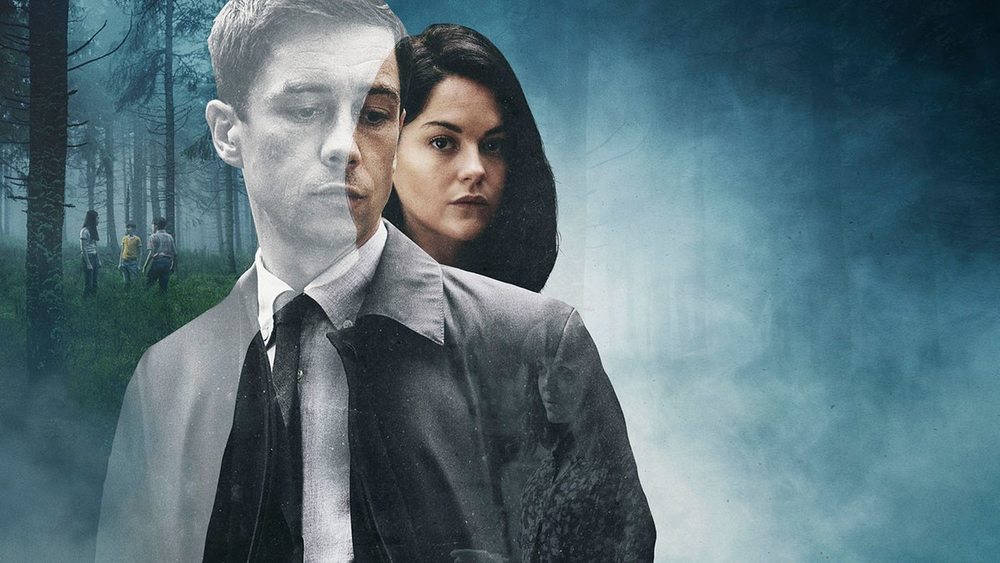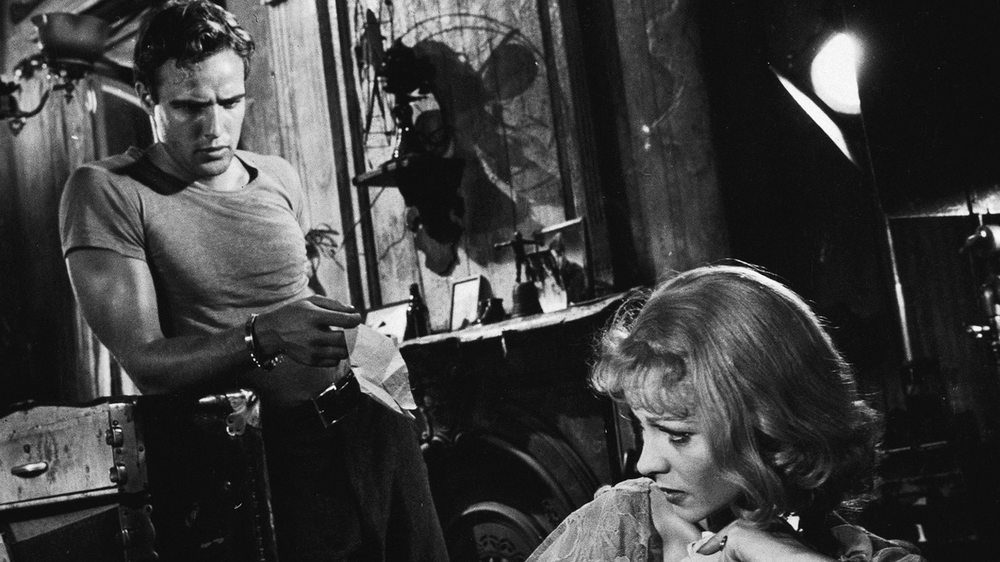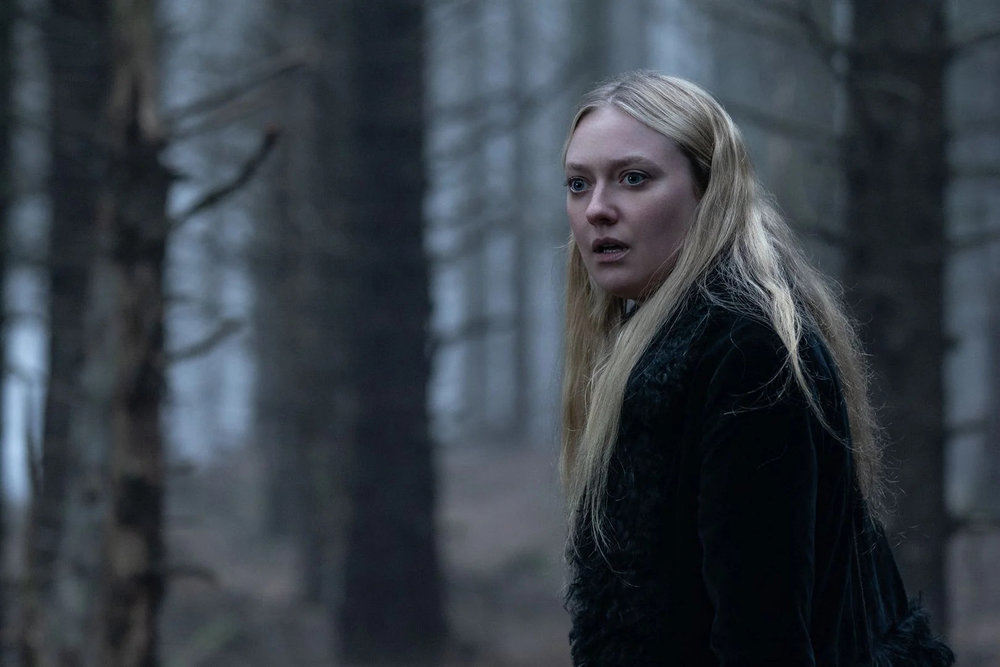Приговор при свечах / Judgment in candlelight - Владимир Анатольевич Арсентьев
Книгу Приговор при свечах / Judgment in candlelight - Владимир Анатольевич Арсентьев читаем онлайн бесплатно полную версию! Чтобы начать читать не надо регистрации. Напомним, что читать онлайн вы можете не только на компьютере, но и на андроид (Android), iPhone и iPad. Приятного чтения!
Шрифт:
Интервал:
Закладка:
The rules above, directly specified in the code of criminal procedure, shape the function of case resolution. This special public authority function, separated from the functions of prosecution and defense, is entrusted exclusively to the judge on the case.
This professional perspective is fully confirmed by 25 years of my meticulous and painstaking research of more than 800 criminal cases against more than a thousand persons in my jurisdiction. That list includes more than 180 cases that I solved as an investigator. Among the total of 850 defendants, 621 were found guilty and 55 innocent. (As for the others, different decisions were made to resolve their cases on the merits.) Thus, 676 court verdicts, written by my hand, obtained the power of law with regard to the corresponding criminal cases. All those verdicts were the results of fair trials carried out in compliance with the fundamental human and citizen rights and freedoms.
One of those persons, convicted for an unobvious murder with aggravating circumstances and sentenced to long-term imprisonment, wrote in his complaint to the Supreme Court, “I never pleaded guilty and contested the charges against me. After the trial, I re-read the verdict and the minutes of the court… and I recognized my guilt in the homicide I had committed. I have nothing left to do but ask for forgiveness.”
This repentant man put in words the fundamental principle of justice: whether the accused accepts the charges or not, that person has the right to a fair trial according to the presumption of innocence, and in no way can personal attitude worsen the situation of the accused. However, special procedure without judicial investigation takes away the natural right to control the ruling power and prevail over it both from the individual citizen and the society as a whole. This, in turn, tramples the principles of democracy in violation of Article 1 Section 1 of the Constitution of the Russian Federation. The need to follow international standards – the universally recognized principles and norms of international law as well as the international obligations of the state – is what holds the Russian Federation within a democratic framework. The democratic direction, enshrined in Russia’s Constitution, states that international legal norms are part of the country’s legal system.
The essence of law lies in its fundamental principles. Meanwhile, justice does not serve any political regimes but denounces deviation from the universally recognized principles. Nevertheless, abidance by those principles depends on the administrators of law.
Any transformational development suggests a transition from simple to complex, from lower to higher, etc. and can be based on the idea of social progress. However, transformation can also be regressive or imitative.
This book proposes a possible way of responding to this national challenge. The exercise of justice is based on faithful commitment to human rights and freedoms; therefore, natural law becomes part of positive law when practice does not distort the ideal of law. According to Georg W. F. Hegel (1770–1831), positive law that expresses the will of the legislator through statutes requires one to observe the principles of natural law in line with a reasonable approach.
The Russian legislator stipulates in the law of criminal procedure that the court should find the elements of a crime or lack thereof in the citizen’s act; until the court does so, that citizen is charged with the offense but considered innocent. The court must also record the results in the minutes of court proceedings. If the court discovers the elements of the crime during the trial, it has to find the facts of the crime as well and legally qualify the act. Finally, the court has to resolve all the issues listed in Article 299 of the CPC RF when drafting the verdict in the chambers.
The will of the legislator set out in the law can be complied with only if the court proceedings are fair and respect the fundamental human and citizen rights and freedoms.
However, besides the traditional procedural regulations of criminal justice, the legislator has also established a special procedure of delivering a verdict of guilty. The legislator extended this new formal procedure to the accused persons who have agreed with the charges or consented to cooperate with the investigation in order to solve the crime, expose and prosecute accomplices, or trace criminally acquired property. In this case, the prosecutor presents a plea to conduct a special procedure of court action and decision on the criminal case. The prosecutor also attests to the completeness and veracity of the information provided by the accused, who was fulfilling the obligations under the pre-trial agreement of cooperation.
This extreme legislative provision rules out the court as a judicial body, because it is not possible to check the veracity and completeness of any facts in a criminal case without a trial. Naturally, the result is a verdict of guilty based on the assumption that the accused person committed the crime.
Due to the principle of prejudice set out in Article 90 of the CPC RF, the facts established by a verdict that has come into legal force shall be recognized by the court, prosecutor, investigator, or inquirer without any additional verification. That verdict may not prejudge the guilt of the persons who have not taken part in the criminal case earlier.
Despite the fact that the judge does not establish the facts of the criminal case under special procedure, the facts proposed by the prosecution and confirmed by the accused still have to be accepted by the judge and acknowledged in the verdict.
In conformity with the objectives of the special procedure, that verdict coming into force and the facts laid out in it, not requiring additional verification, become somewhat of a solid foundation in the investigation against other persons in the case exposed by the accused in the course of collaboration.
Thereby the legislative and executive authorities involve the judge in the prosecutive
Прочитали книгу? Предлагаем вам поделится своим отзывом от прочитанного(прослушанного)! Ваш отзыв будет полезен читателям, которые еще только собираются познакомиться с произведением.
Уважаемые читатели, слушатели и просто посетители нашей библиотеки! Просим Вас придерживаться определенных правил при комментировании литературных произведений.
- 1. Просьба отказаться от дискриминационных высказываний. Мы защищаем право наших читателей свободно выражать свою точку зрения. Вместе с тем мы не терпим агрессии. На сайте запрещено оставлять комментарий, который содержит унизительные высказывания или призывы к насилию по отношению к отдельным лицам или группам людей на основании их расы, этнического происхождения, вероисповедания, недееспособности, пола, возраста, статуса ветерана, касты или сексуальной ориентации.
- 2. Просьба отказаться от оскорблений, угроз и запугиваний.
- 3. Просьба отказаться от нецензурной лексики.
- 4. Просьба вести себя максимально корректно как по отношению к авторам, так и по отношению к другим читателям и их комментариям.
Надеемся на Ваше понимание и благоразумие. С уважением, администратор knigkindom.ru.
Оставить комментарий
-
 Артур01 август 01:14
"Там, где лес не растëт", конечно, тяжëлая книга... Концовка слëзы выжимает нещадно. ...
Там, где лес не растет - Мария Семенова
Артур01 август 01:14
"Там, где лес не растëт", конечно, тяжëлая книга... Концовка слëзы выжимает нещадно. ...
Там, где лес не растет - Мария Семенова
-
 Гость Наталия30 июль 23:31
Спасибо автору. Книга интересная, увлекательная, легко читается, оставляет приятные впечатления. Желаю автору дальнейших...
Королева драконов - Анна Минаева
Гость Наталия30 июль 23:31
Спасибо автору. Книга интересная, увлекательная, легко читается, оставляет приятные впечатления. Желаю автору дальнейших...
Королева драконов - Анна Минаева
-
 Гость Татьяна30 июль 22:31
Душевная книга, очень люблю Михалкову, произведения всегда сочные, с неожиданным концом. Много личных историй героев, читаются...
Посмотри, отвернись, посмотри - Елена Ивановна Михалкова
Гость Татьяна30 июль 22:31
Душевная книга, очень люблю Михалкову, произведения всегда сочные, с неожиданным концом. Много личных историй героев, читаются...
Посмотри, отвернись, посмотри - Елена Ивановна Михалкова






